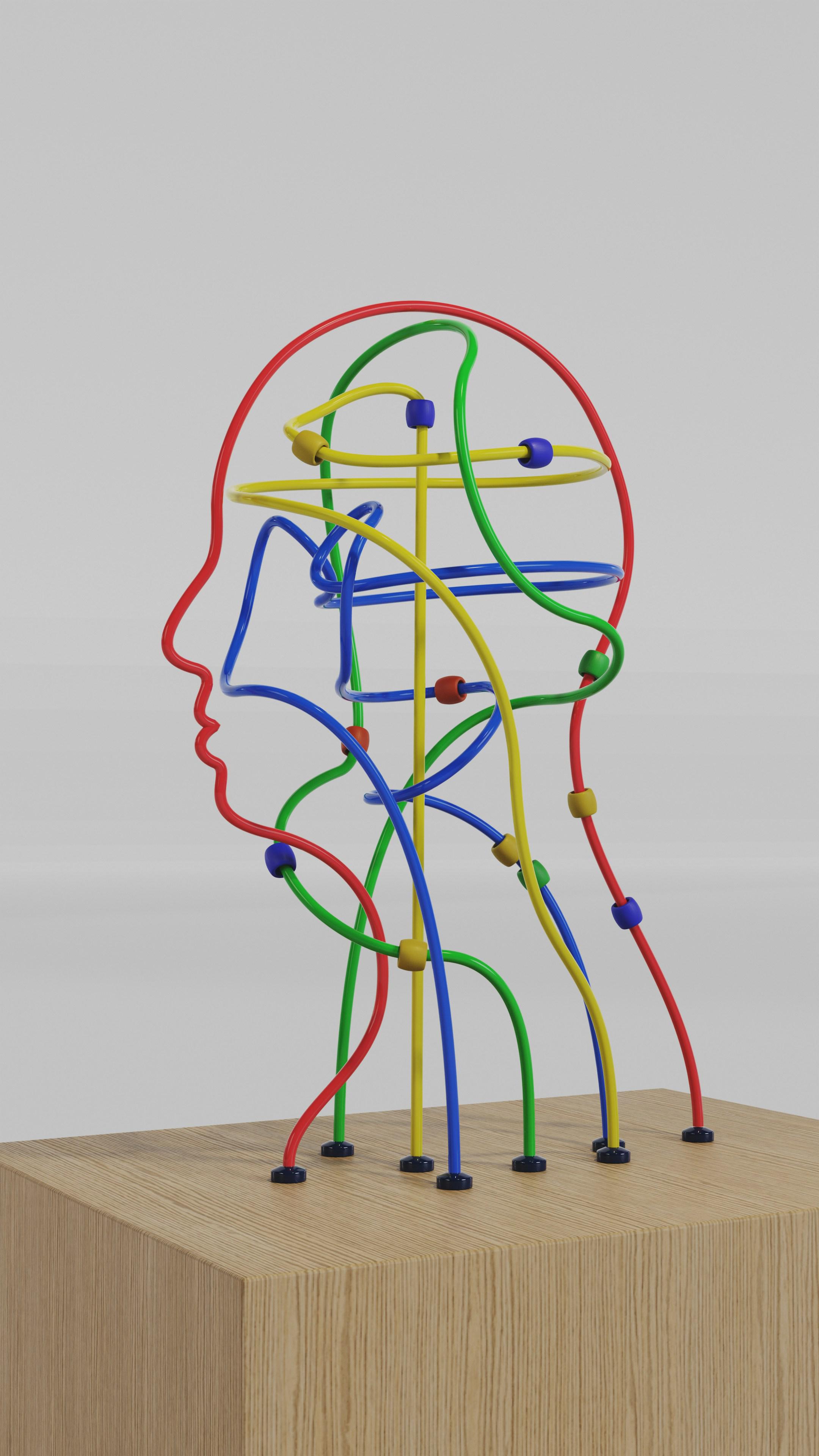
Religious faith has long been recognized as a powerful force in shaping human behavior, providing a framework for understanding life's challenges, and offering comfort in times of distress. Recent studies and theoretical frameworks within psychology and mental health counseling further emphasize the positive impact of religious faith on mental health. This essay explores how religious faith contributes to improved mental health outcomes, highlighting its role in fostering resilience, providing community support, and promoting meaning-making. These benefits are particularly relevant for Licensed Mental Health Counselors (LMHCs) who integrate clients' spiritual beliefs into their therapeutic practices.
---
Psychological Resilience
Religious faith often instills a sense of hope and purpose, which are crucial for resilience in the face of adversity. According to Koenig et al. (2012), individuals who engage in religious practices and maintain faith in a higher power tend to exhibit lower levels of anxiety and depression. Faith can serve as a coping mechanism, helping individuals navigate life’s uncertainties by relying on trust in divine intervention or a broader spiritual plan. Furthermore, prayer, meditation, and other spiritual practices associated with religious faith have been shown to activate the parasympathetic nervous system, reducing stress and promoting relaxation (Pargament et al., 2013).
---
Community Support
Religious communities provide a vital support network that fosters emotional well-being and a sense of belonging. For many, religious congregations offer a safe space to share personal struggles, receive guidance, and form meaningful relationships. This sense of community is particularly beneficial for individuals experiencing isolation or loneliness, which are significant risk factors for mental health issues. A study by Smith et al. (2015) found that regular participation in religious activities correlates with higher levels of perceived social support and lower incidences of depressive symptoms.
---
Meaning-Making and Existential Security
One of the profound benefits of religious faith is its capacity to help individuals make sense of suffering and life’s challenges. Faith often provides answers to existential questions, offering a sense of purpose and direction. Victor Frankl’s logotherapy highlights the importance of meaning-making in mental health, suggesting that individuals who find meaning in their experiences are better equipped to endure hardship. For believers, religious doctrines and narratives often serve as a source of meaning, offering explanations for life events that might otherwise seem arbitrary or unjust.
---
Implications for Licensed Mental Health Counselors
For LMHCs, understanding and respecting a client's faith is essential in delivering holistic and effective care. Integrating faith-based approaches into counseling can enhance therapeutic outcomes, particularly for clients who view their spirituality as a core aspect of their identity. Techniques such as spiritual genograms, faith-informed Cognitive Behavioral Therapy (CBT), and the incorporation of prayer or scripture (with client consent) are examples of how religious faith can be woven into mental health interventions.
---
Conclusion
Religious faith offers numerous psychological, social, and existential benefits that contribute to mental health. By promoting resilience, fostering community support, and providing a framework for meaning-making, faith acts as a protective factor against mental illness. For mental health professionals, acknowledging and incorporating the spiritual dimensions of their clients’ lives can lead to more comprehensive and empathetic care. As research continues to affirm the connection between faith and mental health, the integration of these domains holds great promise for improving well-being in diverse populations.
---
References
1. Koenig, H. G., King, D. E., & Carson, V. B. (2012). Handbook of Religion and Health. Oxford University Press.
2. Pargament, K. I., Feuille, M., & Burdzy, D. (2013). The Brief RCOPE: Current psychometric status of a short measure of religious coping. Religions, 4(1), 51-76.
3. Smith, T. B., McCullough, M. E., & Poll, J. (2015). Religiousness and depression: Evidence for a main effect and the moderating influence of stressful life events. Psychological Bulletin, 131(4), 614-636.
4. Frankl, V. E. (1985). Man's Search for Meaning. Washington Square Press.